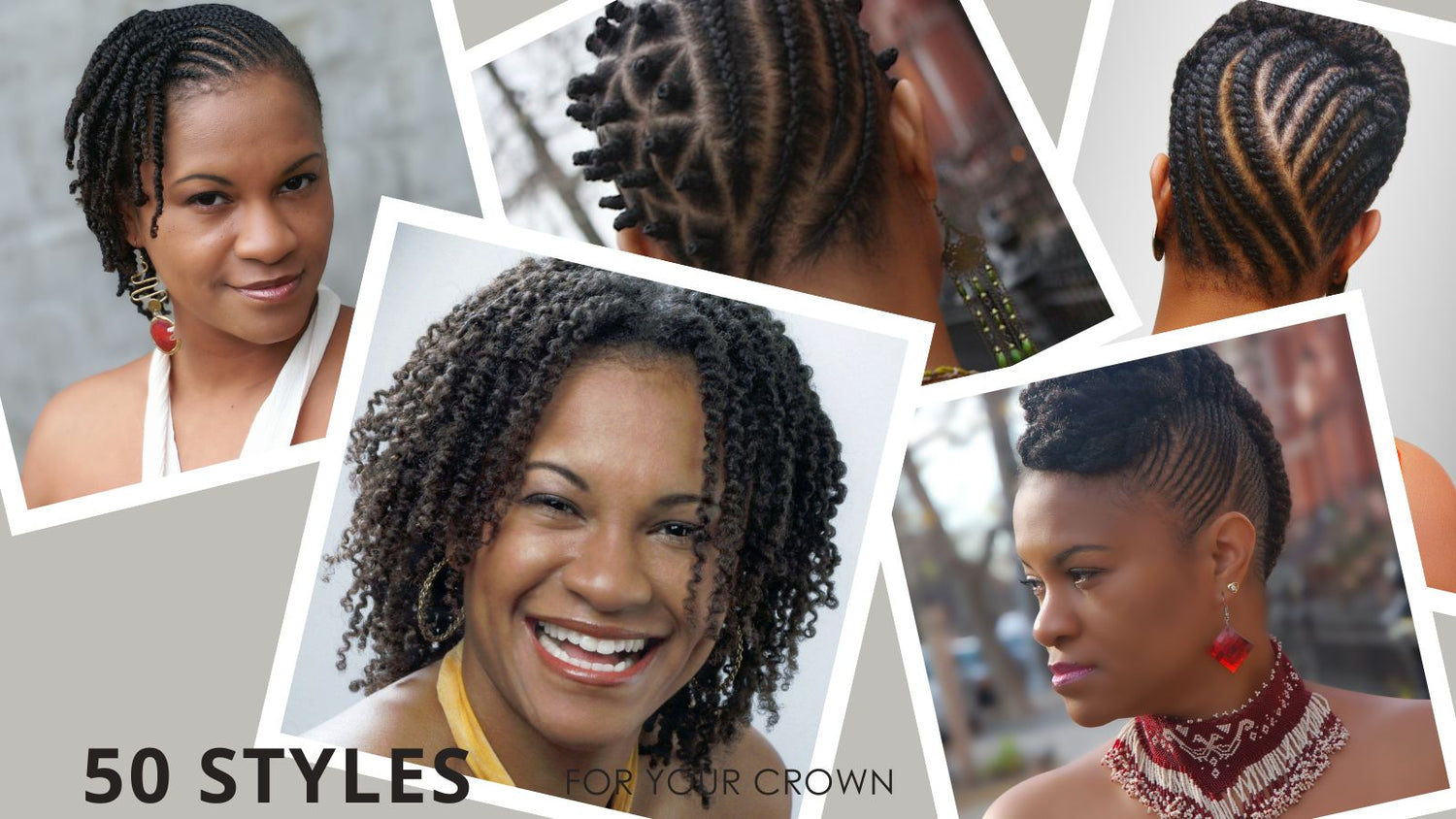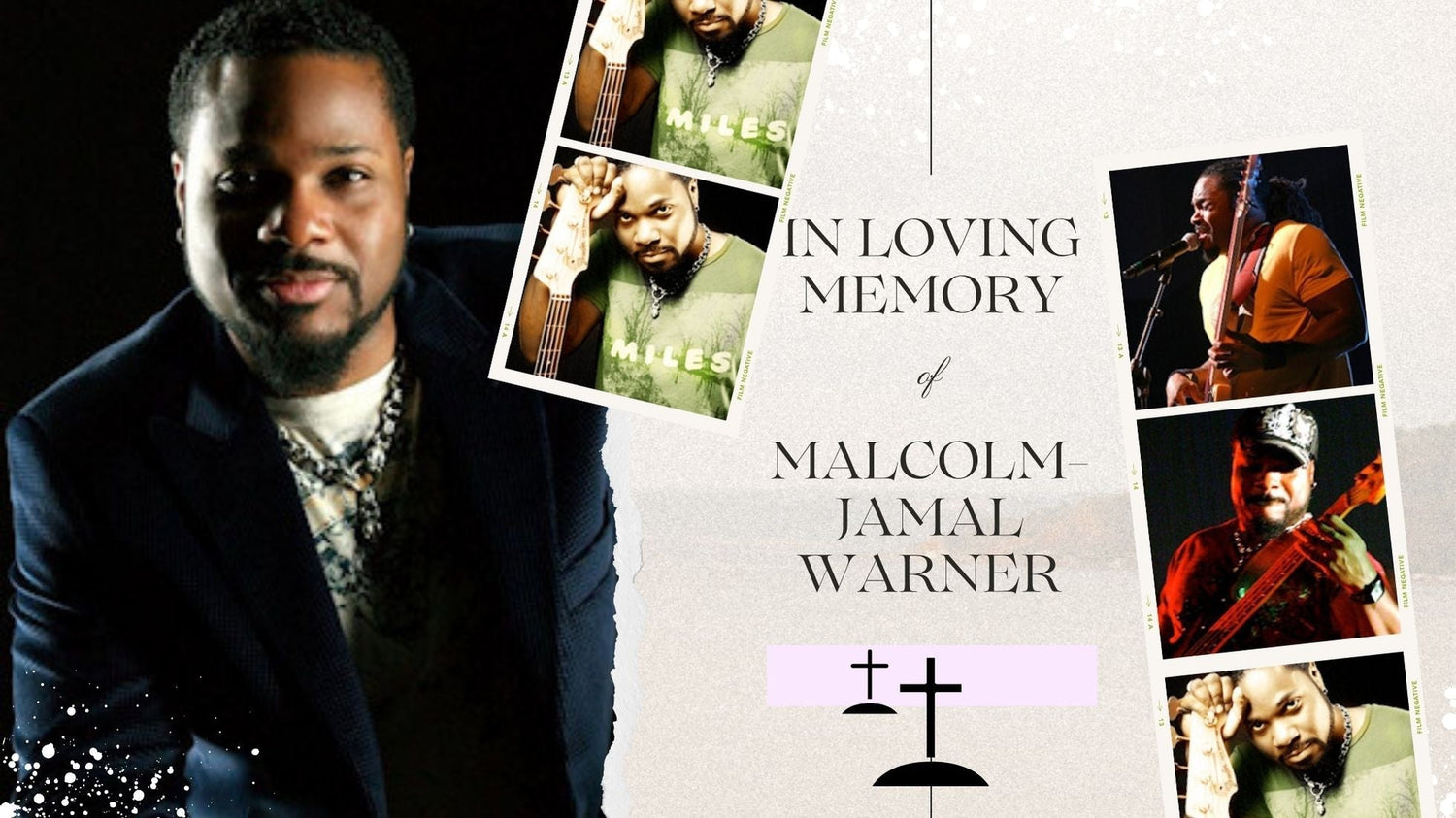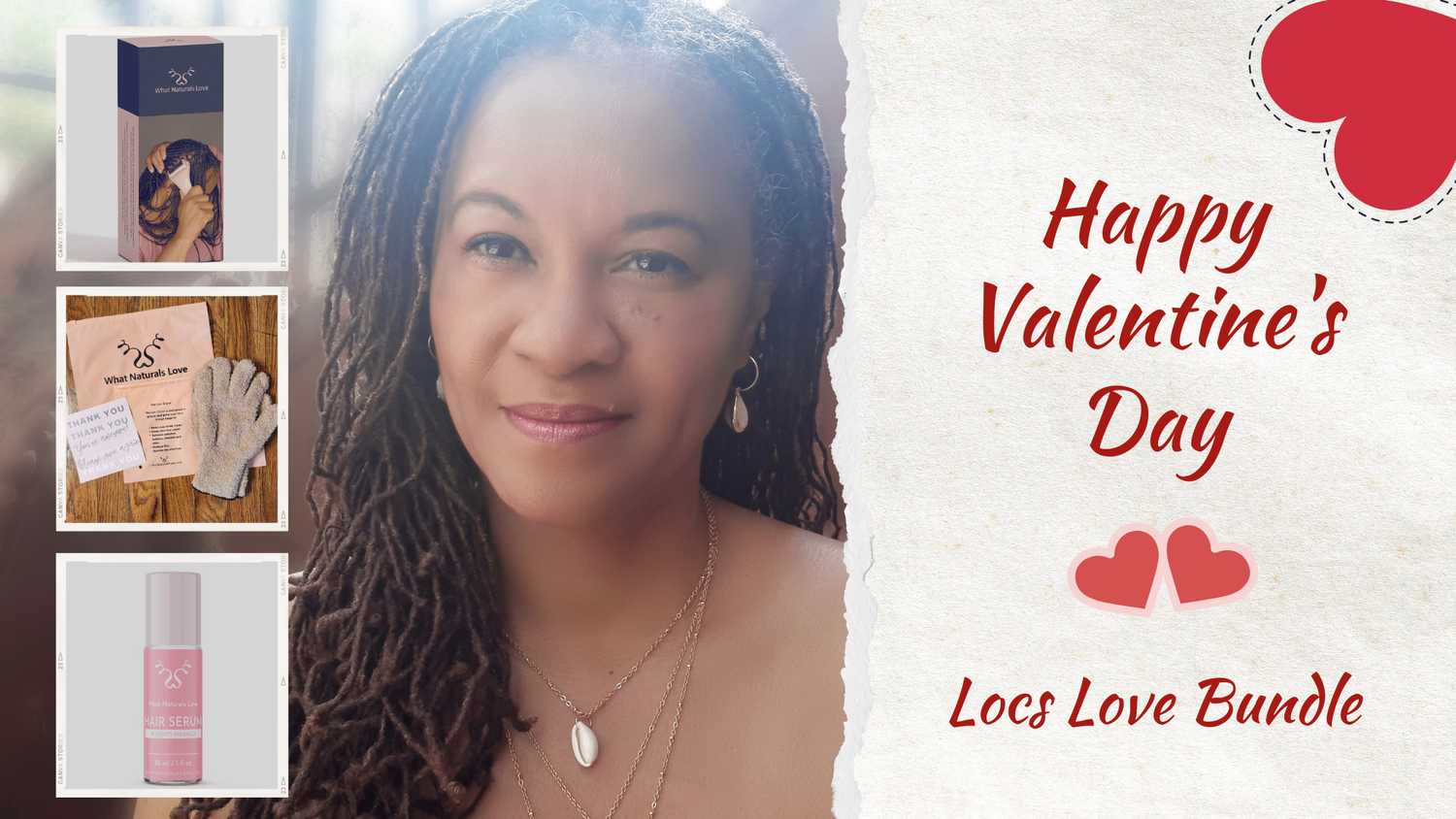Hello Kigali!
Finally! Two years after choosing to travel Africa instead of renewing my Brooklyn apartment lease, I’ve made it to the continent. Between administrative visa errors, questionable Airbnb experiences, and moving five times in just one year, I dramatically thought I’d never make it. Still, here I am — in Kigali, Rwanda!
Video of the day I left Brooklyn. Also read; Why I left Brooklyn Crying.
Africa has always been on my travel list. I just never made it — because, well, life happens. But as Anthony Robbins says, “Life doesn’t happen to you, life happens for you.” And now, looking back at all the U-turns and bumps in the road, I feel this is the perfect time to explore the mother continent.
My Natural Hair Journey Book - 50 Hairstyles for your Natural Crown
Africa: More Than a Destination
At first, Africa seemed just like other interesting travel destination. But the more I learned about our history — and the more I witnessed Africa rising from under its colonial yoke — the more my vision evolved. My natural hair journey — from relaxed to Afro, and from natural hairstyles to locs — sparked a deeper desire to reconnect. I wanted to understand the Africa beneath the surface, the Africa behind the stereotypes.
Then, the global takeover of Afrobeats, to Ghana’s Year of Return, and now Burkina Faso’s Ibrahim Traoré boldly challenging Western power structures, only strengthened my urge to understand how we got here.
First impressions of Kigali, Rwanda
Living, Not Vacationing — Choosing Immersion Over Tourism
I don’t expect to find all the answers. But instead of vacationing, I chose to live here — to experience different cultures and learn more about the continent that continues to give so much to the world. Not only is Africa where we all come from — it’s where my ancestors come from. These are my roots. My follicles’ origin. And I realized I know almost nothing beyond what I was taught through a colonial lens.

This book from my friend author, journalist and professor Milton Allimadi gives some insight on the topic.
Africa the Continent that Keeps Giving
What was never taught is that the Western world didn’t just benefit from free enslaved African labor and land — it was built on it. Africa has always been the backbone of global wealth — but never the beneficiary. First, its people were stolen and enslaved, forced into centuries of unpaid labor. And today, the world still lives off the continent — on the cheap.
From cobalt to coltan, gold to rare earths, Africa supplies the raw materials that power our phones, cars, and clean energy — yet remains trapped in cycles of poverty and exploitation. The truth is, the system was never dismantled — and the exploitation never stopped. Decades of poverty-focused donation campaigns only deepened the stereotypes we still live with today.
Beyond the “Choice” in Black Hair
With everything I’ve learned, I’m starting to connect the dots. While I am striving for equal hair rights, even our own people argue that relaxers and weaves are a choice — as if centuries of slavery, colonialism, systemic oppression, and cultural conditioning didn’t happen.
For over 400 years, we’ve been taught — explicitly and implicitly — that our natural hair is unacceptable. Unprofessional. Unkempt. Even rebellious. Colonization didn’t just extract wealth — it implanted hierarchies, forced Eurocentric standards, and rewarded conformity.
Click to support my documentary BAD Hair Uprooted, the Untold History of Black Follicles.
So, choosing a hairstyle as a Black woman must be seen as a choice made within a system designed to make us reject ourselves. For many, that “choice” is shaped by what they've learned, where they’ve grown up, the pressure of corporate dress codes, family expectations, and social survival.
Why Equal Hair Rights Still Matter
I know I’m privileged to have had a choice — to explore natural styles, to embrace my Afro, to loc my hair. My goal of equal hair rights is to help level the playing field of choice for everyone.

Buy BAD Hair Uprooted, the Untold History of Black Follicles.
When people ask, “Why do so many Black women wear fake hair?” — not that there’s anything wrong with weaves — they completely ignore the fact that the styles being criticized are often the ones that fit the standard. They are what’s considered “normal,” while we still lack the basic human right to wear our God-given tresses naturally.
Locs are still seen as extreme. Braids are still “too ethnic” for certain environments. But when was the last time someone got sent home from work for wearing a weave?
The natural hair movement is barely two decades old. Twenty years of resistance can’t magically undo four centuries of trauma, erasure, and forced assimilation.
Of course, not all Black women wear weaves to conform — but both statements deserve deeper context. When you’re forced to operate within a framework designed to erase your identity or independence, the coping mechanisms can look a lot like complicity — when really, they’re rooted in trauma.
Kigali City of 1000 Hills - 👉 Click to Stay Tuned
The Beauty of Kigali — and What’s Next
It’s not even a week in, and already, being here feels so, so good. Kigali — the city of hills — is stunning. The weather? Near perfect. And the fruit? Sweet, juicy, and gloriously organic.
There’s so much more to explore, and I plan to do just that — with my camera in hand and curiosity as my guide. I’ll be walking, talking, and dancing while capturing this journey in all its layers: the beauty, the complexity, and the quiet revelations in between.
This is more than a trip. It’s a journey. A reclaiming. A beginning.
If this resonates with you, follow along. Like, share, or drop a comment. If you want to support this journey, grab a copy of one of my books, donate, or just let me know what you'd love to see next. Because this isn’t just my story — it’s ours.
Drs. Mireille Liong is a traveling e-commerce specialist, author, and creator of BAD Hair Uprooted, a documentary in the making. To follow her travels and work, Locs & Stuff WhatsApp Channel.
While exploring Africa, I am working on this documentary BAD Hair Uprooted. If you enjoyed reading this blog and you want to support, please consider downloading BAD Hair Uprooted, the Untold History of Black Follicles.








